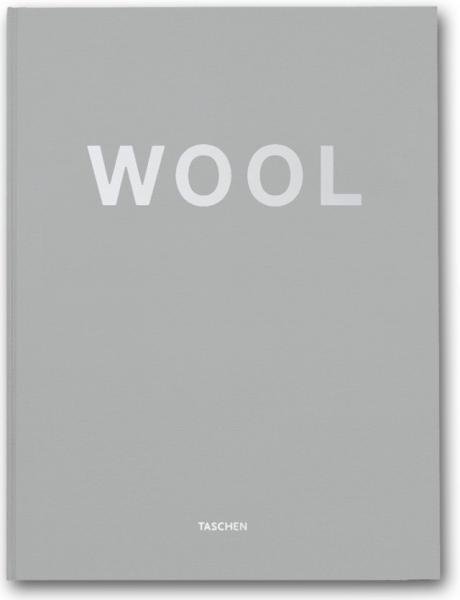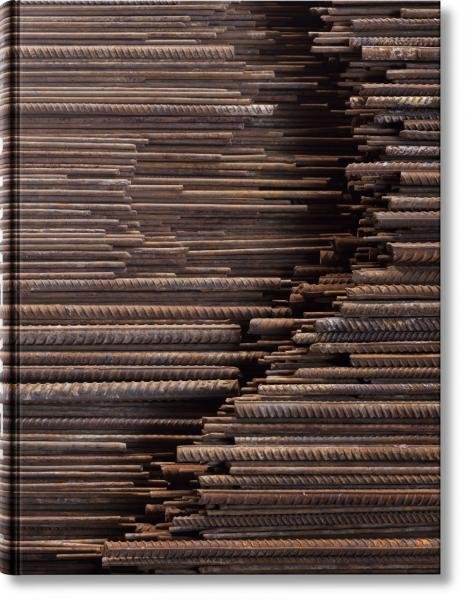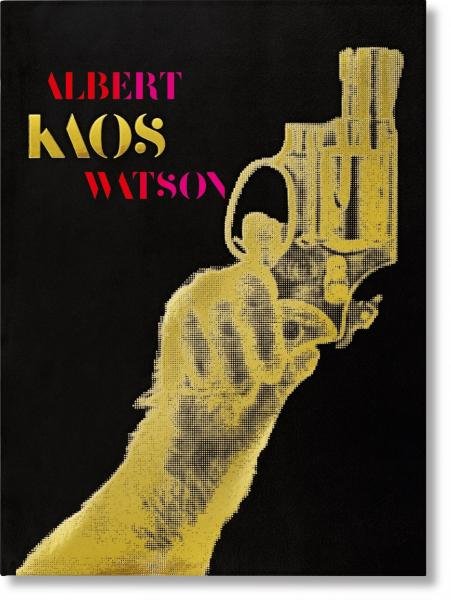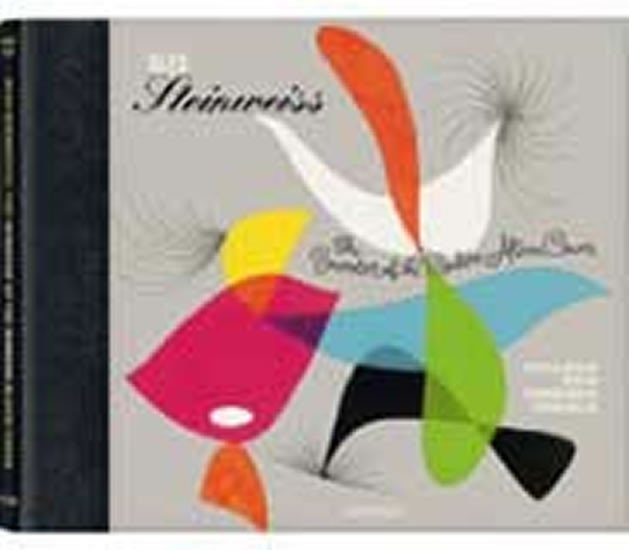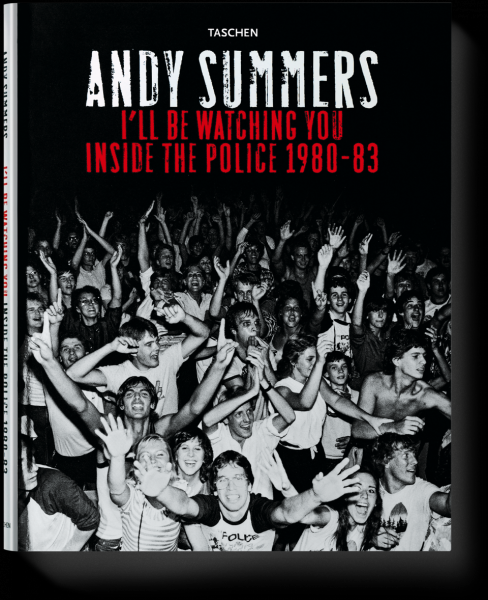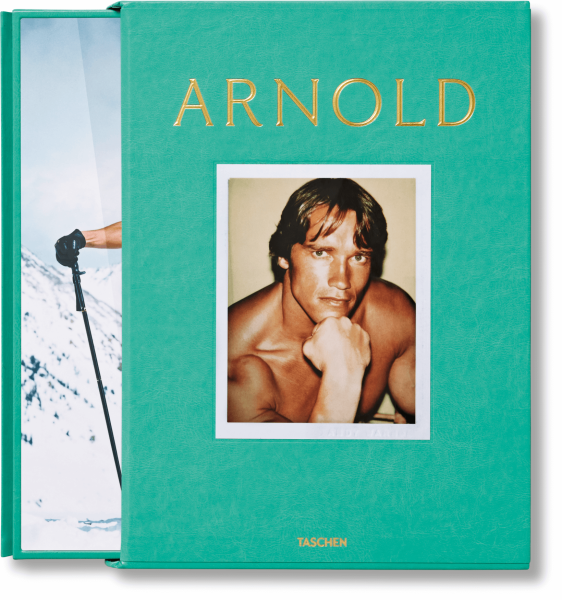- Akrylové a olejové barvy
- Aroma difuzéry
- Audioknihy
- Barvy a kontury na hedvábí
- Barvy na sklo
- Barvy na tělo
- Boxy na sešity
- Boxy na svačinu
- Deky
- E-book elektronické knihy
- Erotické žertovné předměty
- Figurky a zvířátka
- Filmy
- Fixy
- Hřejiví plyšáci
- Hrnky a šálky
- Hudba
- Interaktivní hračky
- Kalendáře
- Kancelářská lepidla
- Karetní hry
- Karnevalové kostýmy
- Karty na poker
- Klíčenky
- Knihy
- Komiksy
- Křídy a uhly
- Kufříky
- Kuličková pera a propisky
- Ložní povlečení
- Magnetky pro děti
- Malování podle čísel
- Mapy a průvodci
- Nůžky, otvírače obálek
- Omalovánky
- Ostatní společenské hry
- Ostatní stavebnice
- Panenky a barbie
- Papíry do tiskáren
- Pastelky
- Penály
- Peněženky
- Plyšové hračky
- Pohledy
- Pokladničky
- Polštáře
- Pravítka
- Přehozy
- Prostěradla
- Puzzle
- Razítka pro děti
- RC modely
- Ručníky
- Sáčky na přezůvky
- Sady školních pomůcek
- Sběratelské figurky
- Sběratelské kartičky
- Sešity
- Skicáky a náčrtníky
- Školní batohy
- Stavebnice Lego
- Štětce a palety
- Stolní hry
- Temperové a vodové barvy
- Tiskopisy
- Tužky, mikrotužky a versatilky
- Učebnice
- Voskovky
- Vystřihovánky a papírové modely
- Výtvarné a kreativní sady
- Záložky do knih
- Zástěry a ubrusy na tvoření
- Živé a vzdělávací sady
- Zvýrazňovače
Christopher Wool - Hans Werner Holzwarth
-
Internetový obchod
TASCHEN - <p>His painting spells TRBL: Christopher Wool's stark and beautiful art</p> <p>Covering all work phases in large-scale reproductions and accompanied by extensive texts as well as production Polaroids and installation photos by Wool himself. Limited to 1,000 copies, each numbered and signed by the artist. Also available in an Art Edition, limited to 100 copies and with an original artwork by Christopher Wool.</p> <p>In-your-face, achingly simple, deceptively frank, the work of Christopher Wool is so very New York. Though he owes a debt to abstract expressionism and pop art, he completely transcends—even demolishes—these genres. Whether it’s a text-based painting or an abstract spray-painted piece, his work is immediately engaging. Wool questions painting, like many other artists in his generation, but he doesn’t provide any easy answers. “The harder you look the harder you look,” as he titled one of his word paintings, is an excellent example of how he states the obvious whilst provoking us to think deeper about what seems obvious.</p> <p>Christopher Wool became known in the mid-1980s through allover paintings produced with rubber rollers commonly used to simulate decorative wallpaper patterns on walls. By 1988 he had hit stride with his dry, dead-pan word paintings (“Trbl,” “Riot,” “Sell the House, Sell the Car, Sell the Kids”), while continuing to explore the possibilities of pattern painting. Since the 1990s, he has been developing the painterly qualities of his work, using a mostly black-and-white palette, starting from abstract lines drawn with a spray gun or layered stock images, overpainting silkscreens on linen, wiping out images, with a widening variety of media, a process that can involve photography, silkscreen, and, in the new millennium, also the computer.</p> <p>Exploring Wool’s work in close to 500 pages, this monograph is exhaustive in scope and depth. All work phases are covered in large-scale reproductions and accompanied by production Polaroids and installation photos by Wool himself. Editor Hans Werner Holzwarth has previously collaborated on several catalogs and artist’s books with Wool. Essays and analyses by Glenn O’Brien, Jim Lewis, Ann Goldstein, Anne Pontégnie, Richard Hell, and Eric Banks make this book a great read as well as a definitive study of the story so far.</p>


